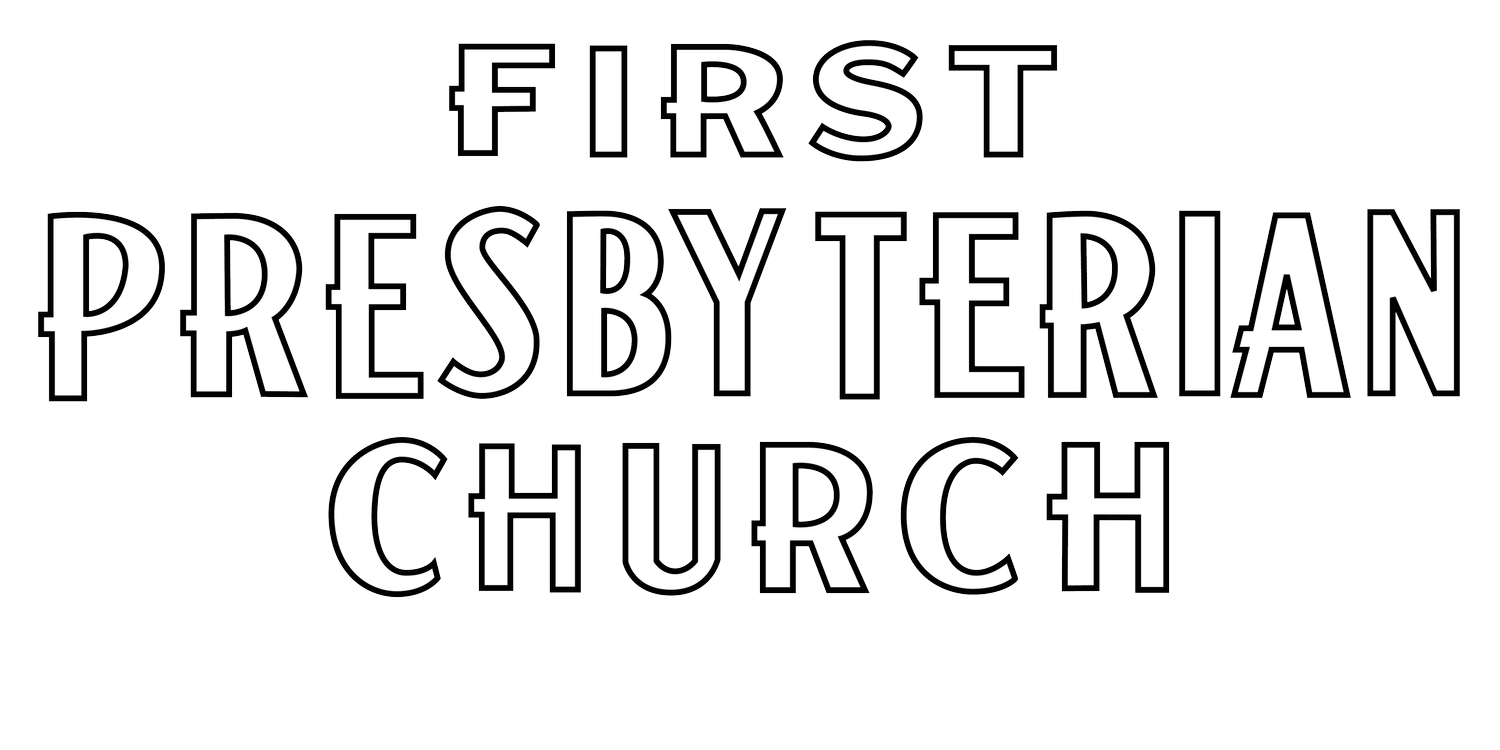Unintended Consequences
Acts 8:1-8;14-17;25
Unintended Consequences. This was a concept a former boss of mine used to always remind me of when making decisions and evaluating the results of a decision. The idea being that a decision to try and solve one problem may unintentionally create a new problem (or even make the current problem worse). This passage reminds me of unintended consequences…….but to the benefit of God and His work.
Acts 8:1-8 begins immediately after the stoning of Stephen (overseen by Saul). It states that “on that day a great persecution broke out against the church….” and also that “Saul began to destroy the church.” It appears as if the stoning of Stephen signaled the arrival of Saul’s big move to squash the church. Saul and his followers were going house to house, pressing charges against believers, and putting them in prison. I imagine he envisioned that this power move would wipe out any enthusiasm for this movement and permanently end the message of Jesus.
At first, it may have appeared to be successful. As a result of this persecution, the believers scattered. There are two images that come to mind when I hear the word “scattered.” The first is one of fleeing from danger. For example, if a predator suddenly appears amongst a herd of sheep, the sheep will run in every which direction to escape the predator. It doesn’t really matter which direction they go, just so long as it is away from the predator. The image is one of chaos, fear, and self-preservation. The other image is of a gardener spreading seed in their garden. The gardener is intentional in spreading seed to all areas of the garden in order to have a full crop with no ground uncovered. This image brings a sense of intentionality, purpose, and planning. Both images appear to be applicable in this passage. I’m sure the believers did scatter in the interest of self-preservation and fear, and I’m sure Saul was very pleased that he had broken up their gathering and created chaos and disorder. However, as we continue to read, we see that the believers had not lost their enthusiasm for the word of Jesus, and they continued to preach the word wherever they went (unintended consequence).
The passage goes on to expand some more on how the believers spread the word, healed the sick, and performed miraculous signs wherever they went (specifically in Samaria and other rival nations). When the apostles heard that the Samaritans were accepting the word of God, Peter and John traveled there to see and pray for them that they might receive the Holy Spirit. Why would the Samaritans not just automatically receive the Holy Spirit when they heard and believed the word? Why did the apostles have to pray for them to receive it? It appears that this is the only instance in the Bible where this occurred. From that moment forward Samaritans and all other nations of people would receive the Holy Spirit without any need for the apostles to be present. I’m not sure why this is. However, what if it was because God wanted to make a statement. A statement to the Samaritans and a statement to His apostles. Maybe he wanted it to be very clear to his apostles that the Samaritans were welcome in His kingdom too. He wanted them to be there for that moment where He made it clear so there could be no doubting God’s intention that all nations should hear His word. Whatever the reason was, Peter and John seemed to be invigorated by the experience. On their way back to Jerusalem, they stopped in many Samaritan villages and preached the word.
After reading this passage, I can’t help but feel that the moves by Saul and his followers to stone Stephen and persecute the church had a significant unintended consequence (from their perspective) and served as another example of how God works in amazing ways. Rather than squashing the word of Jesus, they actually triggered the spread of God’s word beyond Jerusalem by scattering the believers to other nations and giving God an opportunity to make a very clear declaration to the apostles and Samaritans that all are welcome in the kingdom of God.
